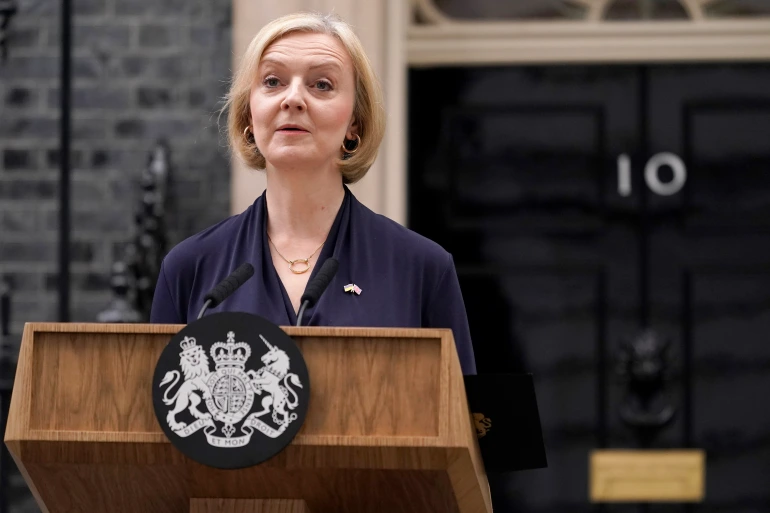James Ellis
November 2, 2022

Liz Truss resigned as prime minister on October 20, 2022. Her resignation followed only forty-five days in office, making her the shortest-serving prime minister in British history. Although Rishi Sunak was appointed soon after that, it is nontheless important to analyze Truss’s short-lived tenure.
Truss was elected on the promise to cut taxes and revive a stagnant British economy through “trickle-down economics.” Think Margaret Thatcher’s economic policies in the 1980s. She implemented these tax cuts in a mini-budget proposed by chancellor Kwasi Kwarteng.
The mini-budget was largely unsuccessful, and the pound’s value fell while government debt increased. Since the budget led to lower state revenue, the Truss-Kwarteng team irresponsibly proposed a borrowing plan, which led to greater inflation. Kwarteng was dismissed as chancellor on October 14, after only thirty-eight days.
There are economies around the world that are successful with higher tax rates as well as lower ones. Evidently, taxes are not the only factor capable of driving growth for an economy. Truss’ economic policy, however, was based primarily on tax cuts and tax cuts alone, which made it very tenuous and collapsable.
The timing also did not work out. Government financing is being stretched thin, specifically with regard to the conflict in Ukraine. While energy and food prices were rising, Truss chose to make the rich richer instead of prioritizing everyday Brits. This was not the right time to experiment with Britain’s economy. If anything, stability should have been pursued. Following Kwarteng’s dismissal, Truss appointed Jeremy Hunt as Chancellor. Hunt tried to reverse the budget quickly, but even this action could not resurrect confidence in the British economy.
To make matters worse, Suella Braverman was forced to resign as home secretary. Braverman had breached ministerial rules by sharing highly-classified documents relating to immigration rules. In her exit, Braverman was highly critical of Truss’ leadership. After crashing the market, losing central members of her cabinet, and facing increasing resistance from within her own party, Truss finally resigned.
As the British economy recovers and Rishi Sunak assumes the role of prime minister, the United Kingdom and the world should learn from Truss’ disastrous two months the necessity of patience and planning when it comes to risky economic decisions.
